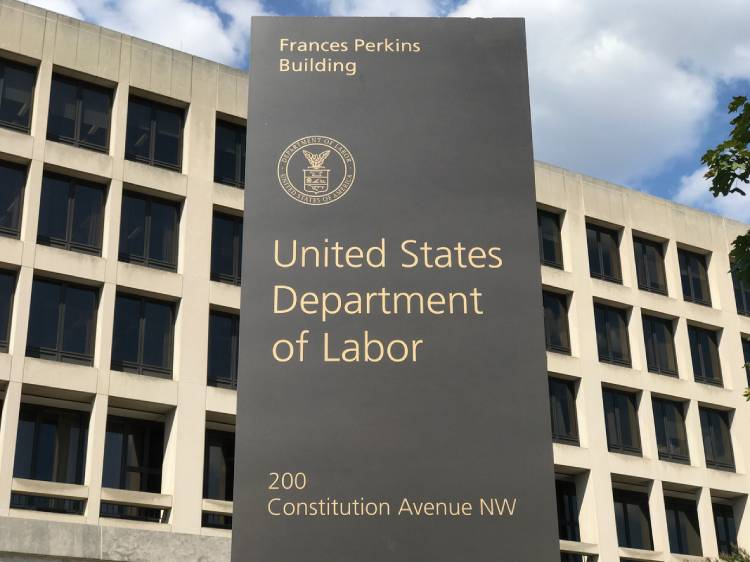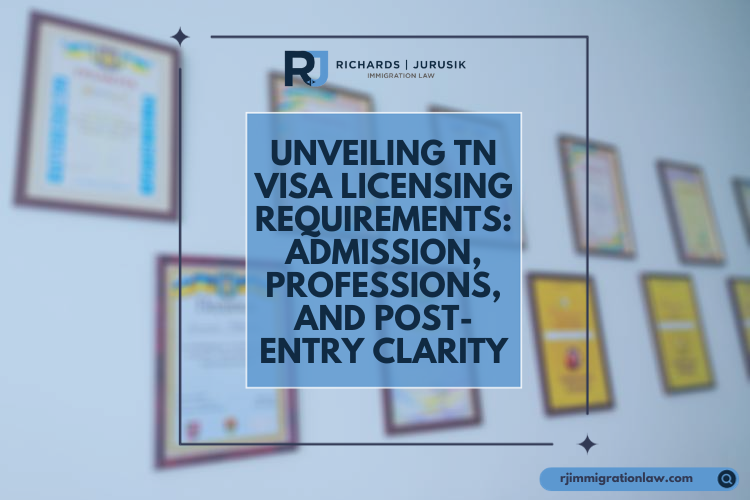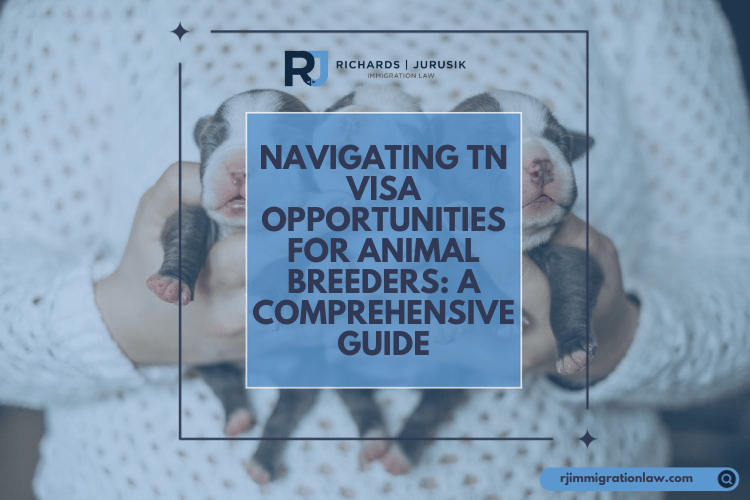The H-1B visa program is critical for many skilled professionals seeking employment in the United States. A requirement in this process is the Labor Condition Application (LCA), which ensures the protection of both U.S. and foreign workers. The U.S. Department of State’s Foreign Affairs Manual (9 FAM 402.10-6) outlines guidelines for this application. We cover the details of a Labor Condition Application for H-1B Nonimmigrants
A. Basic Requirements of the LCA
Before an employer can file a Form I-129 (Petition for a Nonimmigrant Worker) with the U.S. Citizenship and Immigration Services (USCIS), they must first submit an LCA to the Department of Labor (DOL) through the Foreign Labor Application Gateway (FLAG). The LCA must confirm that:
- Wage Standards: The H-1B employee will be paid at least the same wage as U.S. workers in similar positions or the prevailing wage for the occupation in the area of employment, whichever is higher.
- Working Conditions: The employment of the H-1B worker will not negatively impact the working conditions of similarly employed U.S. workers.
- Labor Disputes: There are no ongoing strikes or lockouts in the occupational classification at the workplace.
B. Additional Criteria for H-1B Dependent Employers
Employers classified as “H-1B dependent” (as defined in INA 212(n)(3)) have further attestations to make:
- Recruitment Efforts: They have made reasonable faith efforts to recruit U.S. workers, offering equal or more excellent compensation than H-1B workers.
- Hiring U.S. Workers: Any U.S. worker who is equally or more qualified for the position has been offered the job.
- Non-displacement of U.S. Workers: No U.S. worker has been displaced within 90 days before or after filing the H-1B petition.
- Placement with Other Employers: If an H-1B worker is placed with another employer, the employer must ensure that the other employer hasn’t displaced or plans to displace a U.S. worker within 90 days of the H-1B worker’s placement.
C. Changes in Employment
If an H-1B worker changes employment locations, the employer must file a new LCA and potentially a new or amended H-1B petition before the worker starts at the new location.
Final Thoughts
The LCA is a critical component in the H-1B visa process, ensuring fair treatment and protection for both U.S. and nonimmigrant workers. Employers must diligently adhere to these guidelines to maintain compliance and support the integrity of the H-1B program.
Schedule a Consultation with an Immigration Lawyer







